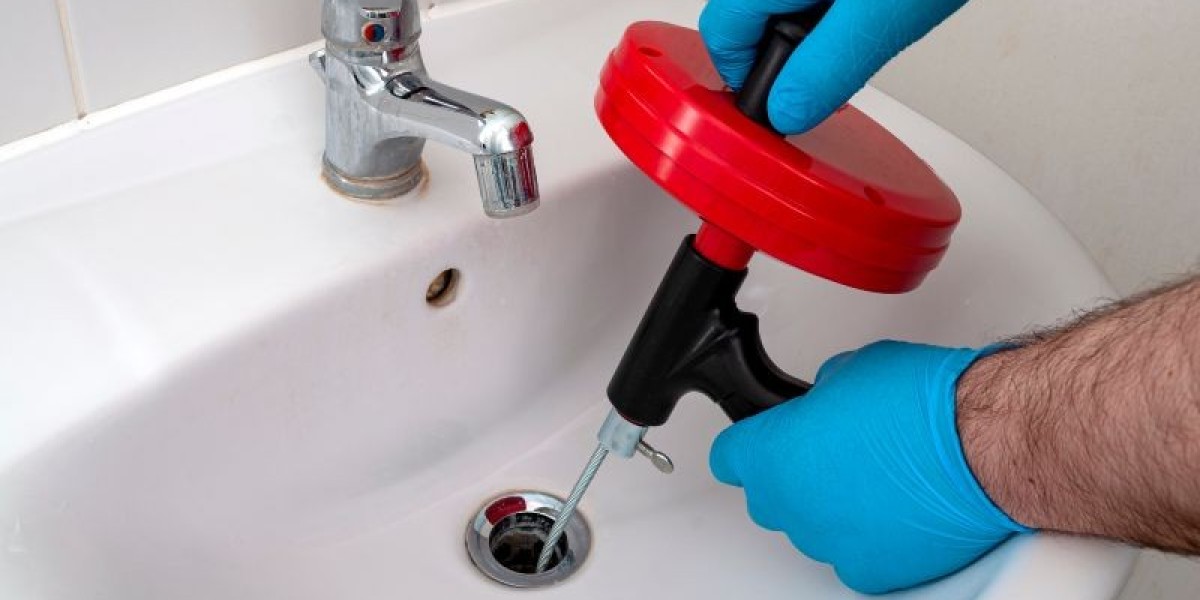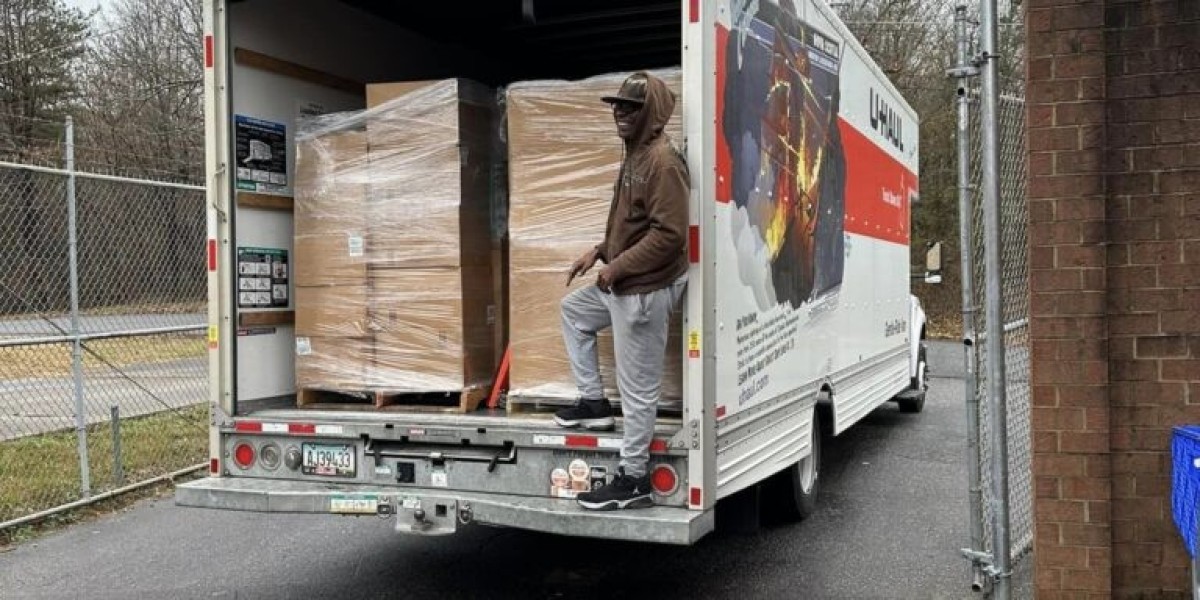Clogged drains are one of the most common plumbing issues homeowners face. While occasional blockages are a part of everyday life, regular drain cleaning is crucial for maintaining a healthy, functioning plumbing system. Not only does it prevent major blockages, but it also helps to eliminate unpleasant odors, prevent the growth of harmful bacteria, and extend the life of your plumbing.
Why Drain Cleaning is Important
Over time, drains can become clogged with debris, grease, soap scum, hair, and other materials. If not addressed, these blockages can lead to slow drainage, bad smells, or even more severe problems like pipe bursts or sewage backups. Drain cleaning is an essential preventative measure to avoid these issues and maintain a clean and safe home environment.
1. Prevents Major Clogs
Small clogs can slowly build up over time, eventually leading to a total blockage. Regular drain cleaning removes the buildup before it becomes problematic, keeping your plumbing system in good working order. Cleaning your drains also helps remove grease, food particles, and soap that may collect in your pipes, reducing the chances of a serious blockage.
2. Reduces Unpleasant Odors
A buildup of organic material and debris in your drains can produce foul smells. These odors are often caused by food particles, mold, and bacteria that thrive in dark, damp environments. A thorough drain cleaning removes the buildup and the bacteria that cause these smells, leaving your home smelling fresh.
3. Prevents Health Hazards
Clogged drains can create the perfect breeding ground for harmful bacteria and mold, which can cause health problems, especially for those with respiratory issues or allergies. By keeping your drains clean, you minimize the risk of bacterial growth and mold, which can affect your family’s health.
4. Prolongs the Life of Your Plumbing
When water has difficulty flowing freely through your pipes due to blockages, the added pressure can cause wear and tear on the plumbing system. By regularly cleaning your drains, you reduce the chances of pipes becoming damaged or leaking, thus extending the lifespan of your plumbing system.
Signs Your Drains Need Cleaning
It’s important to be proactive about drain cleaning. Look for the following signs that may indicate it’s time to clean your drains:
- Slow Drainage: If water is taking longer than usual to drain from sinks, tubs, or showers, it’s a sign that debris is building up in the pipes.
- Foul Odors: Persistent unpleasant smells around drains are a strong indication that there’s organic matter in the pipes.
- Gurgling Sounds: If your drain makes a gurgling or bubbling sound, air is trapped in the pipes, possibly due to a blockage.
- Frequent Clogs: If you find yourself constantly dealing with clogged drains, it might be time for a thorough cleaning to eliminate the root cause of the problem.
DIY Drain Cleaning Tips
While professional drain cleaning services are effective, some homeowners prefer to tackle minor blockages themselves. Here are some DIY methods for cleaning drains:
- Boiling Water: Pouring boiling water down the drain can help dissolve grease, soap, and other buildup that might be causing a blockage.
- Baking Soda and Vinegar: A combination of baking soda and vinegar can help break down organic matter. Pour 1 cup of baking soda followed by 1 cup of vinegar down the drain, let it sit for 15-30 minutes, and then flush it with hot water.
- Plunger: For minor clogs in sinks or toilets, a plunger can often help to dislodge the blockage.
- Drain Snake: A drain snake, or auger, is a tool that can be used to break up and remove clogs from deeper within the pipes.
Professional Drain Cleaning
While DIY methods can work for simple blockages, severe or recurring clogs often require professional intervention. Professional plumbers have the necessary tools, experience, and knowledge to perform thorough drain cleaning without causing damage to the pipes. They may use methods such as hydro-jetting, which involves using high-pressure water to clear out even the toughest blockages, or video inspection to locate the exact source of the problem.
Preventative Drain Maintenance
To keep your drains in optimal condition, consider these preventative measures:
- Avoid Pouring Grease Down the Drain: Grease can solidify in the pipes, causing major blockages over time.
- Use Drain Screens: These can catch hair, soap, and food particles before they go down the drain.
- Regularly Clean Drains: Perform routine cleaning of your drains to prevent buildup.
- Mind What Goes Down the Drain: Be cautious about what you dispose of in your drains, such as coffee grounds, oils, or non-biodegradable items.
Conclusion
Regular drain cleaning is essential for maintaining a healthy home and plumbing system. Whether through DIY methods or professional services, keeping your drains clear helps prevent blockages, bad odors, and potential health hazards. By investing in routine maintenance, you can ensure that your plumbing system functions efficiently and your home remains a safe and comfortable space.









